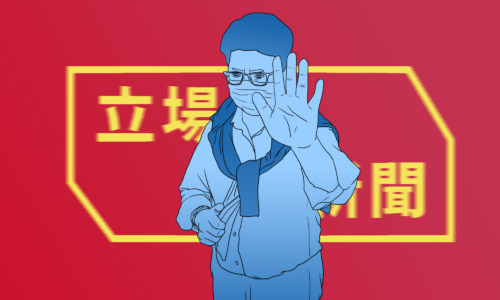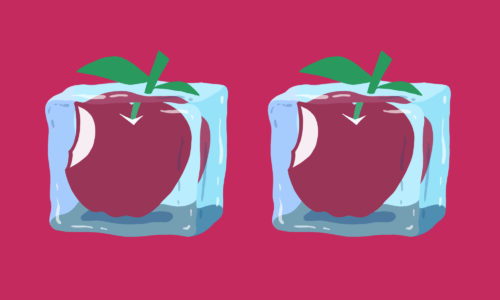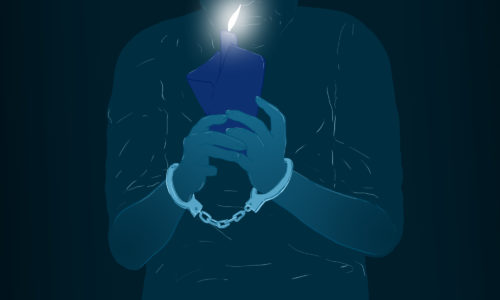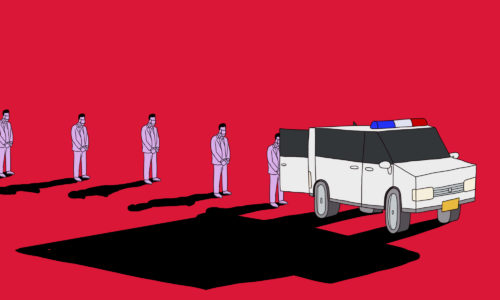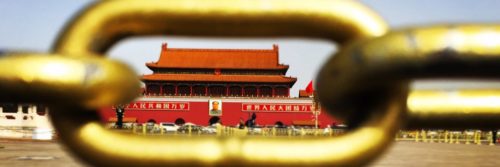‘Until the Wuhan virus hit, the U.S. was pulling away from China and doing great’ — Jimmy Lai
Media baron Jimmy Lai Chee-Ying (黎智英 Lí Zhìyīng) is unique among Hong Kong’s tycoons in his willingness to take on China’s government. Lai made his fortune in fashion before the 1997 Hong Kong handover, and started the tabloid and pro-democracy news outlet Apple Daily in 1995. The newspaper is owned by Next Media Group, which publishes newspapers and websites in Hong Kong and Taiwan.
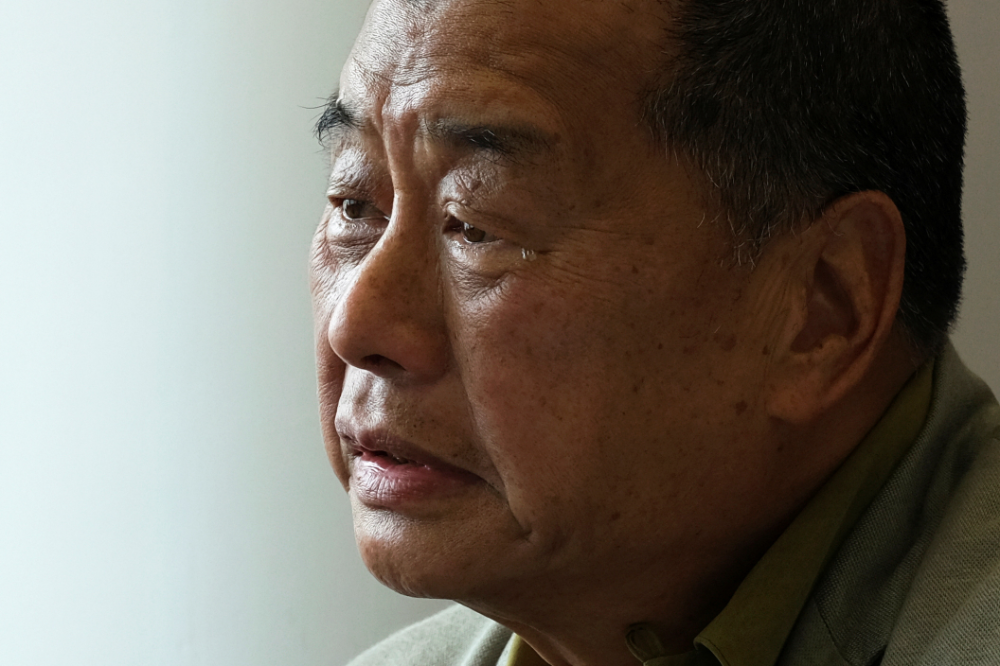
Media baron Jimmy Lai Chee-Ying (黎智英 Lí Zhìyīng) is unique among Hong Kong’s tycoons in his willingness to take on China’s government. Lai made his fortune in fashion before the 1997 Hong Kong handover, and started the tabloid and pro-democracy news outlet Apple Daily in 1995. The newspaper is owned by Next Media Group, which publishes newspapers and websites in Hong Kong and Taiwan.
This year, Hong Kong police arrested Lai twice for organizing and participating in unauthorized demonstrations. His media company also faces challenges as some mainland and international companies and banks pull their advertising.
As Hong Kong waits for details of Beijing’s national security legislation, and the U.S. mulls revocation of the city’s special trade status, The China Project spoke with Lai about Hong Kong’s future:
President Trump moved to revoke Hong Kong’s special trading status on Friday. What is your response to his announcement, and what do you think should happen next?
China put our trade status in play. But we have not seen specifics from Trump. That said, China really controls what happens in the end, and if it clamps down, then why would the U.S. allow us special status? It’s my hope we find a way to keep the status, but honestly, it’s up to China.
You have stated that open trade does not create an open society. What steps do you believe are effective in creating and protecting open societies?
Democracy.
You are a billionaire, having built your fortune on retail and media, and drawing on Hong Kong’s unique position under one country, two systems to build success. What was the moment or experience that transformed you from a business mogul into a dissident?
All my businesses started before 1997. One country, two systems has been a degradation of the business environment to pre-1997. I owe my success to the Hong Kong people and the free market system that has nothing to do with any input from China.
I don’t understand the second part of the question. Your premise is that I have never been a free man? That is the basis of your question.
If Hong Kong loses its special status and privileges accorded by the U.S., it is possible that would hasten reunification with or retaliatory moves by the mainland regarding the city. What do you say to critics who argue revocation of Hong Kong’s special trading status might ultimately hurt the people of Hong Kong, and lead the city to losing its status as a global financial hub, opening an opportunity for mainland cities like Shanghai to take its place?
It’s hard to think that any city under the communist system in China could ever be a player in the international business world. What could you possibly do in Shanghai to remove the corruption, favoritism, and rigged legal system without removing the CCP?
Of course, the removal of Hong Kong’s special trading status will hurt the Hong Kong people, so we have to hope that China doesn’t do anything to make that removal happen.
If the U.S. decouples from China, some economists argue that will weaken the United States’ long-term economic growth, and in turn, its global influence and ability to stand up for democracy and rights such as freedom of the press, freedom of speech, and so forth. What would you say to this argument?
Until the Wuhan virus hit, the U.S. was pulling away from China and doing great, so the economists you’re talking to are not very smart. I don’t understand how standing up to tyrannical regimes can lead to not standing up for democracy.
You have said previously, “I think those guys who think communism or socialism is cool again are those who have never had the history in their blood.” What do you mean by that, and can you elaborate?
I think when I said this, and I’ve said it a few times, it’s that I believe anyone who has lived under communism knows the truth. It’s evil.
